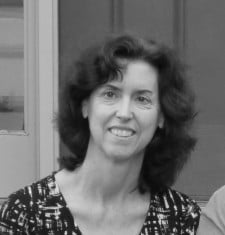Impact of carbohydrate restricted diet upon growth and hyperphagia/food anxiety in children with Prader-Willi syndrome
Funded Year: 2016Prader-Willi syndrome is a disorder of genetic imprinting characterized by common features including early feeding problems and failure to thrive followed by gradual weight gain and development of hyperphagia. Long-term practice has recommended use of dietary restriction using a variety of approaches for weight control/obesity prevention of...






